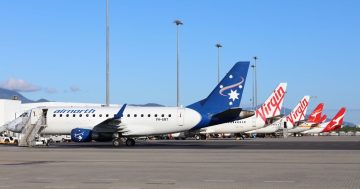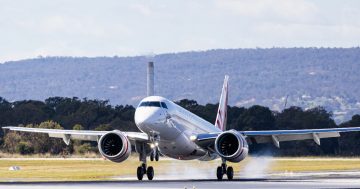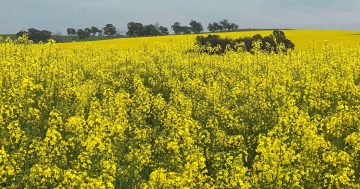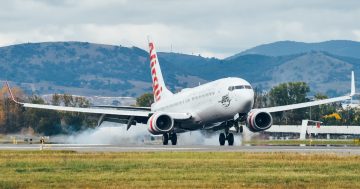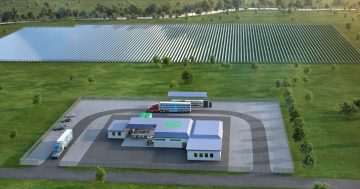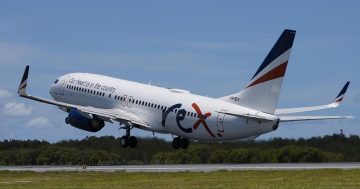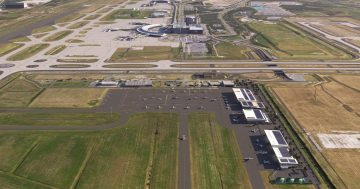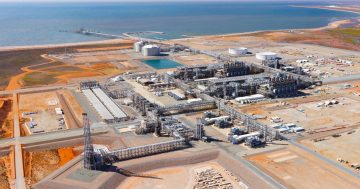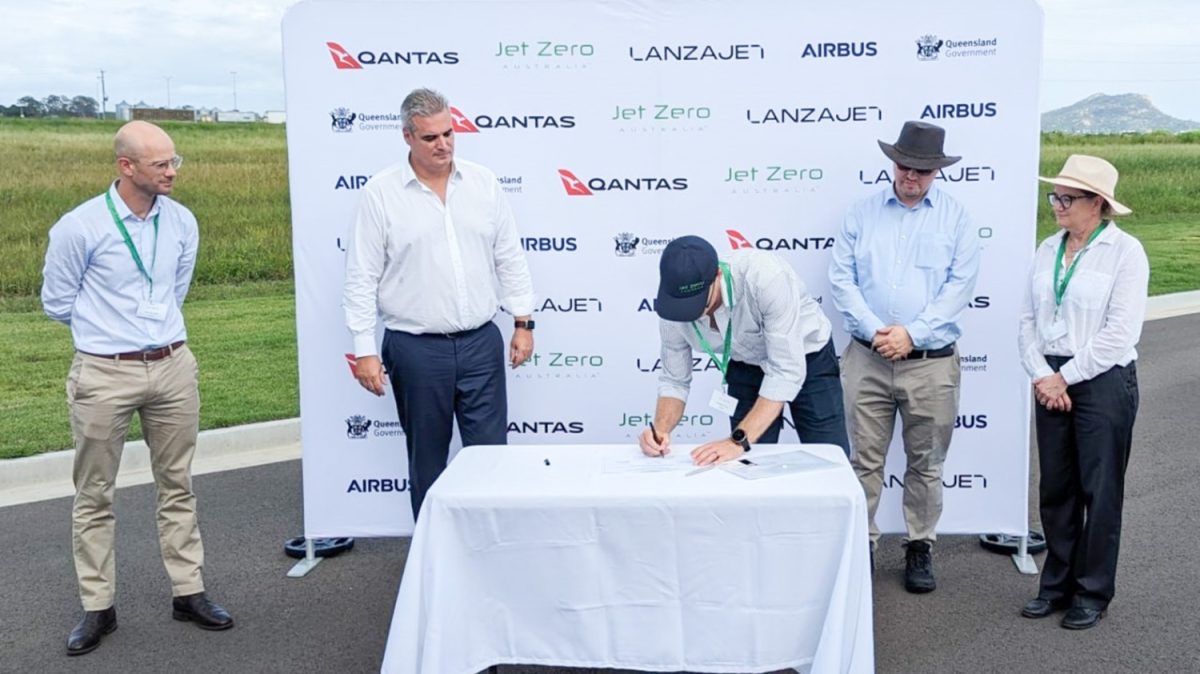
Representatives from Jet Zero, LanzaJet, Qantas, Airbus, and the QLD Government at the Project Ulysses agreement signing. Photo: Jet Zero.
Jet Zero Australia Pty Ltd and LanzaJet Inc have signed a licence and engineering agreement for Australia to develop a project to convert bioethanol from feedstock left over from sugar cane production into sustainable aviation fuel (SAF) and renewable diesel.
Under Project Ulysses based in North Queensland, the agreement is the first LanzaJet Alcohol-to-Jet ethanol to SAF plant in Australia, and aims to position Australia as a leader in sustainable aviation.
A joint release says Project Ulysses will convert agricultural byproducts sourced from sustainable origins into 102 million litres of SAF annually. It says that amount could meet the annual jet fuel demands for Cairns and Townsville airports.
It adds that SAF produced at the facility has the potential to reduce CO2 emissions on commercial flights by about 70 per cent compared to traditional fossil-based jet fuel.
The project also hopes to make a substantial economic impact in North Queensland, generating more than 100 jobs and creating supply chain opportunities in the region.
It says the project will also contribute to Australia’s energy security by bolstering domestic jet fuel production for civilian and potentially military aircraft. Fuel security and Australia’s minimal reserve stocks of fuel were identified as strategic threats in the 2023 Defence Strategic Review (DSR).
LanzaJet is a sustainable fuels technology company committed to accelerating the energy transition through the circular economy, and recently opened the world’s first ethanol to SAF plant in the US.
JetZero Australia was established in 2021 with plans to develop Australia’s first alcohol to jet fuel (ATJ) facility in Queensland, and is partnered with Qantas and aerospace manufacturer Airbus.
Queensland Premier Steven Miles said Queensland is perfectly primed to service the SAF industry.
“North Queensland is in a unique position to provide feedstock for this project, while also being close to the industry partners that are already investing in our state,” he said.
“This is another big step towards 1000 construction jobs and 100 refinery jobs, bringing opportunities for agriculture, aviation, defence, and tourism.
Jet Zero CEO Ed Mason added, “We are extremely excited to have executed these two key agreements with LanzaJet. Not only do they allow the project to move forward to a final investment decision, but more importantly they cement a long-standing relationship with a key partner to the project.
“We thank LanzaJet along with our project partners Qantas and Airbus in making this possible.”
LanzaJet CEO Jimmy Samartzis said LanzaJet believed in building industry, protecting our climate, and enabling energy and national security. “Our work in Australia delivers that ambition,” he said.
“Doing leading edge work requires partnership, and we’re proud to join Jet Zero Australia, the Queensland Government, Airbus, and Qantas to position Australia as a leader in the region on sustainable aviation fuels with direct impact in significantly reducing greenhouse gas emissions, enabling job creation, and preserving Australia’s environment for generations to come,” he added.
Airbus Chief Representative for Australia, New Zealand and the Pacific Stephen Forshaw said Australia lacked production of SAF and the challenge to start production was urgent.
“If we don’t move soon, the opportunity to build a new fuels industry locally will disappear,” he said. “However, we think Australia has every chance of becoming a sustainable fuels superpower, with the right support from government and industry.
“This is why we’re so supportive of Jet Zero’s mission to become Australia’s first home-grown producer of SAF, and equally supportive of their partnership with LanzaJet, that will enable production here.”
Qantas Group Chief Sustainability Officer Andrew Parker added, “Sustainable aviation fuel is the most significant tool airlines have to reduce their emissions but it’s only available offshore with no local supply for airlines in Australia.
“Qantas is investing in technology like this Queensland biofuel refinery to help kick-start a local SAF industry so flights around Australia can be powered to produce lower emissions.



